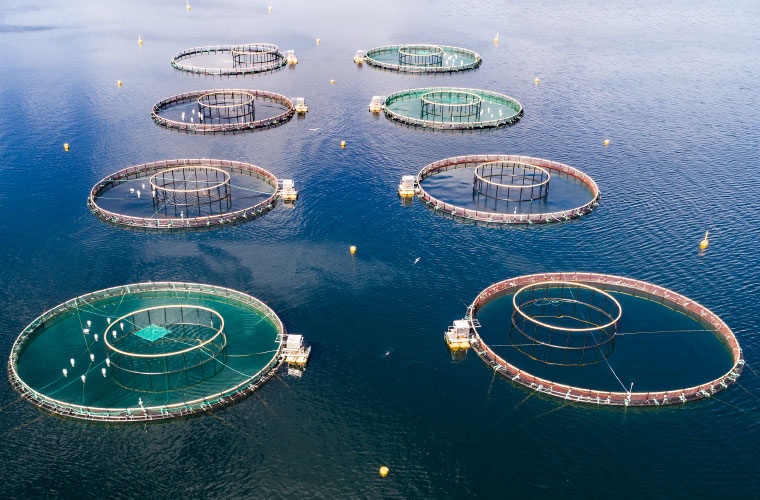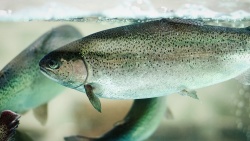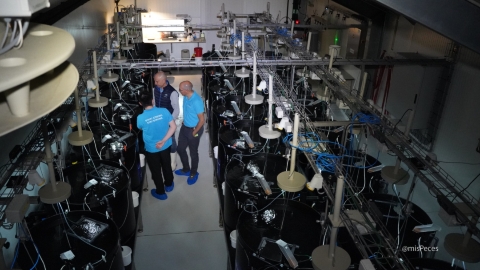
The European Commission will task the Aquaculture Assistance Mechanism (AAM) with drafting a document outlining general best practices and specific indicators for the welfare of farmed fish. According to the Commission’s response to the Aquaculture Advisory Council (AAC), this work will cover various stages of the fish life cycle and production methods, and it is expected to be completed by the end of 2024.
This communication comes as part of a formal response signed by Kestutis Sadauskas, acting on behalf of Charlina Vitcheva, Director-General of DG Mare. The response was made to the AAC’s recommendation for the development of a “Code of Best Practices for Fish Welfare”. Furthermore, it aligns with the “Strategic Guidelines for a More Sustainable and Competitive Aquaculture (2021-2030)”, which aim to promote sustainability and ethical practices within the sector.
In its recommendation, the AAC provides valuable insights and references to support the creation of the code, which seeks to ensure high standards of fish welfare across the European aquaculture industry.
The draft document will subsequently be reviewed by the European Reference Centre for the Welfare of Aquatic Animals (EURCAW-aqua), a specialised EU body offering technical and scientific guidance on fish welfare in aquaculture. This review, scheduled for early 2025, will ensure the material needs robust scientific and technical standards.
At the same time, EURCAW-aqua will develop specific welfare indicators for species such as common carp and European sea bass, focusing on practices during transport and harvesting. This initiative aims to enhance welfare conditions during the most critical stages of production, setting higher standards for the industry.
Once reviewed, the preliminary document will be presented to the Member States and the ACC for feedback and input before its final publication. Through this inclusive approach, the European Commission aims to ensure the code reflects best practices and addresses the needs of all stakeholders in the European aquaculture sector.



